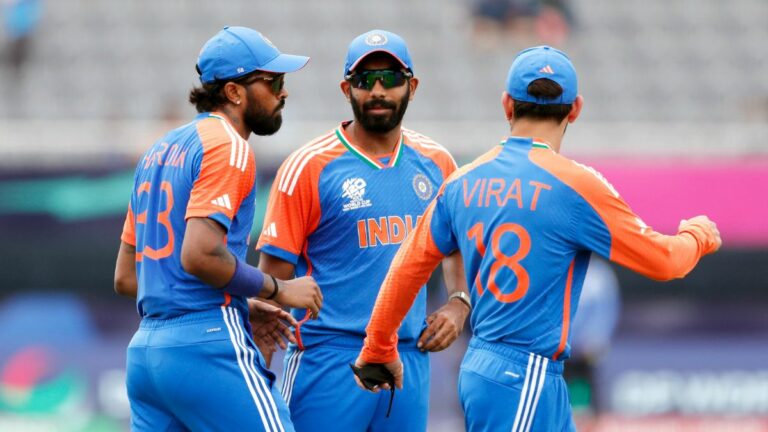The Influence of Commentary on Viewer Perception and Bias: Betbhai.com, Cricbet99, Diamond exchange 9
betbhai.com, cricbet99, diamond exchange 9: In today’s digital age, where information is readily available at our fingertips, commentary plays a crucial role in shaping our perception and bias. Whether it’s a news article, a social media post, or a YouTube video, the opinions and perspectives shared by commentators can significantly influence how we interpret and understand the content we consume.
When we read or watch commentary on a particular topic, we unconsciously absorb the perspective of the commentator. This can impact how we view the subject matter, leading to either a positive or negative bias. For example, if a commentator expresses a strong opinion about a political candidate, it can sway our own feelings towards that candidate, even if we were initially neutral.
Furthermore, commentary can also shape the way we interpret facts and information. If a commentator presents a one-sided argument or omits key details, it can skew our understanding of the issue at hand. This can lead to confirmation bias, where we seek out information that aligns with our existing beliefs, rather than objectively evaluating all sides of an argument.
In the realm of social media, where everyone has a platform to share their opinions, commentary can have a powerful influence on public discourse. The echo chambers created by like-minded individuals can reinforce biases and prevent meaningful dialogue between opposing viewpoints. This can lead to polarization and divisiveness within society, as individuals become more entrenched in their own perspectives.
It’s essential for viewers to be critical consumers of commentary and media. By actively seeking out diverse opinions and sources of information, we can challenge our own biases and gain a more nuanced understanding of complex issues. Additionally, we should be mindful of the intentions behind commentary, whether it’s to inform, entertain, or persuade.
Ultimately, the influence of commentary on viewer perception and bias highlights the importance of media literacy and critical thinking skills. By being aware of the impact that commentary can have on our beliefs and attitudes, we can navigate the vast landscape of information with greater awareness and discernment.
—
**FAQs**
1. **How can I avoid being influenced by biased commentary?**
– To avoid being unduly influenced by biased commentary, it’s essential to seek out diverse perspectives and sources of information. By actively exposing yourself to a range of opinions, you can challenge your own biases and develop a more well-rounded understanding of the issues at hand.
2. **Why is it important to critically evaluate commentary?**
– Critical evaluation of commentary is crucial to ensure that we are not being misled or swayed by partial or inaccurate information. By questioning the motives and perspectives of commentators, we can better discern the truth and form our own informed opinions.
3. **What can I do to be a more discerning consumer of media?**
– To be a more discerning consumer of media, it’s important to fact-check information, verify sources, and consider the biases of commentators. By approaching media consumption with a critical eye, you can better navigate the complexities of the digital age and make more informed decisions.







